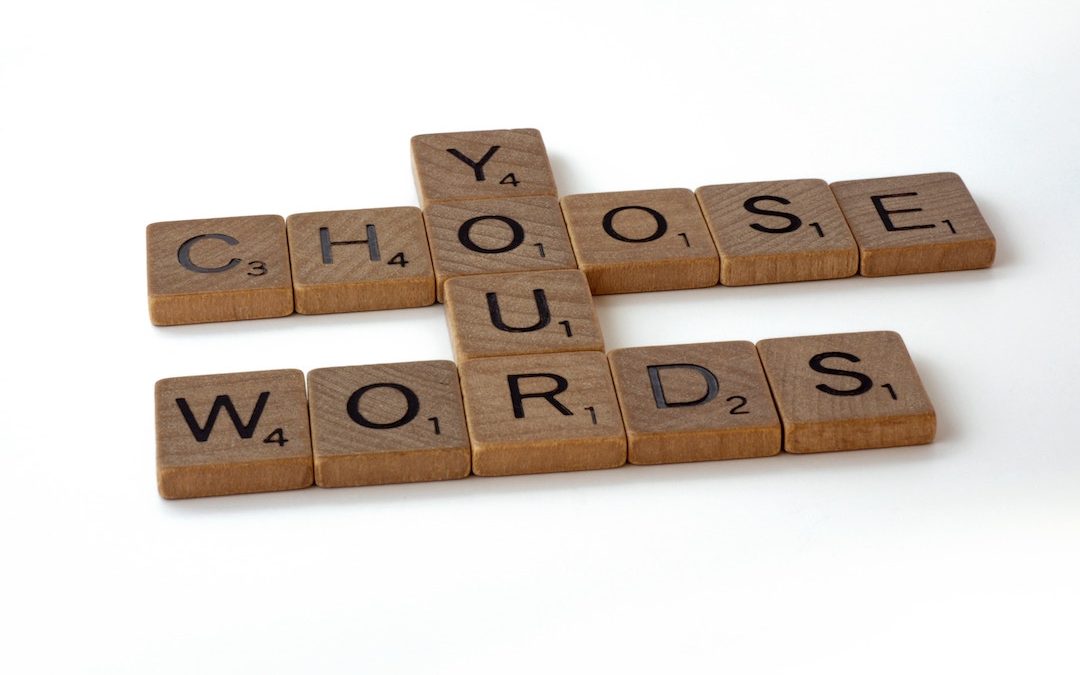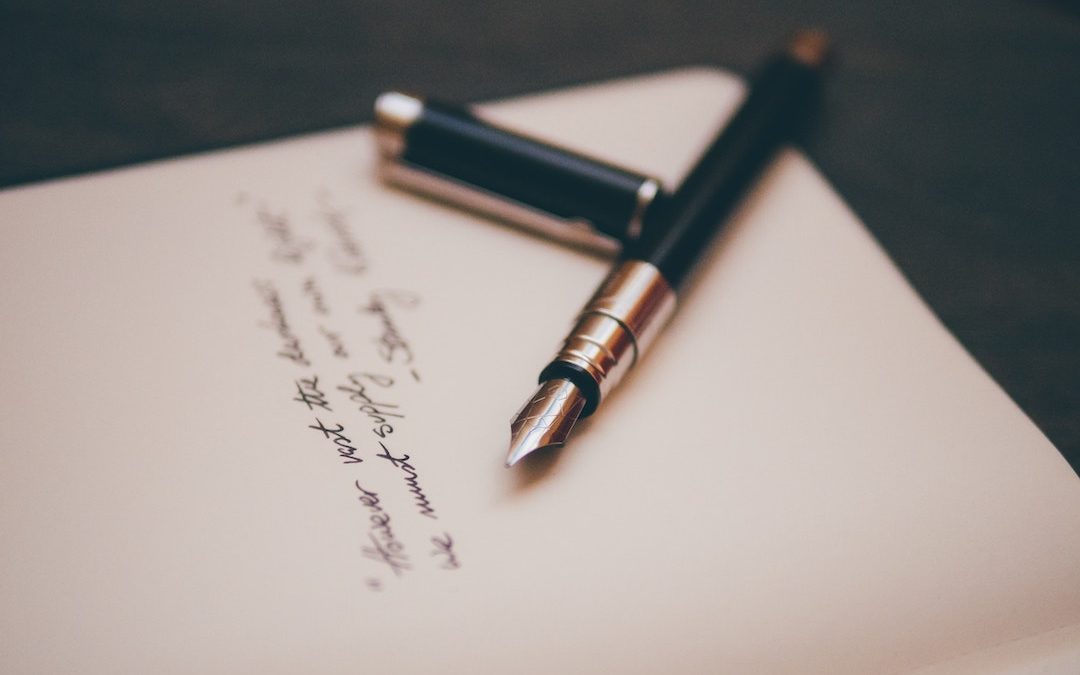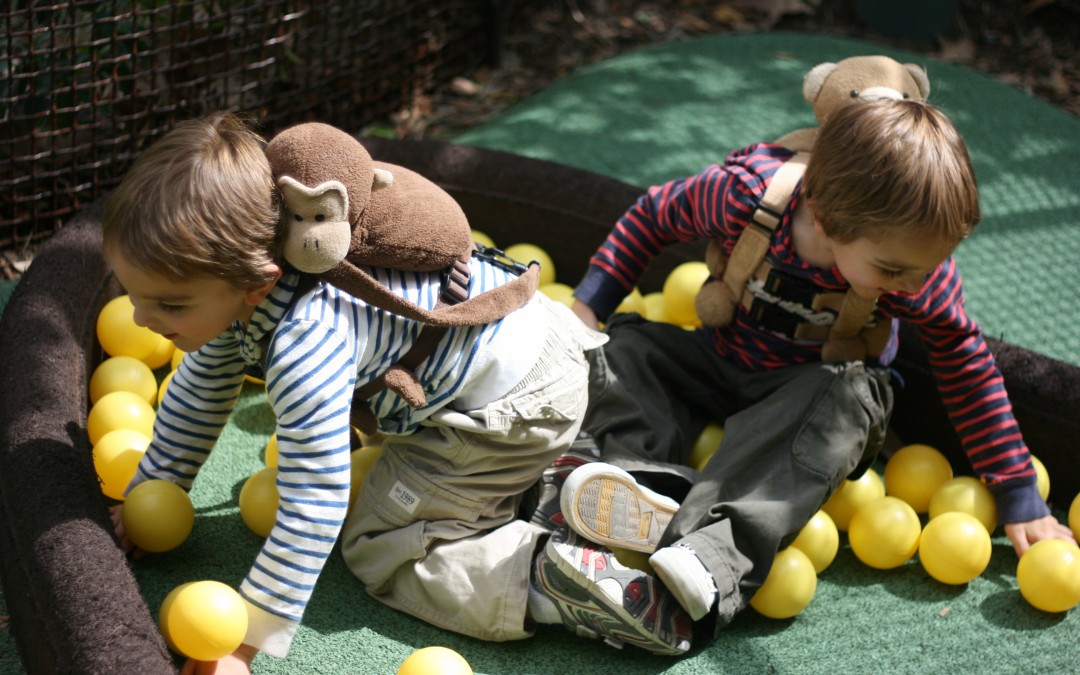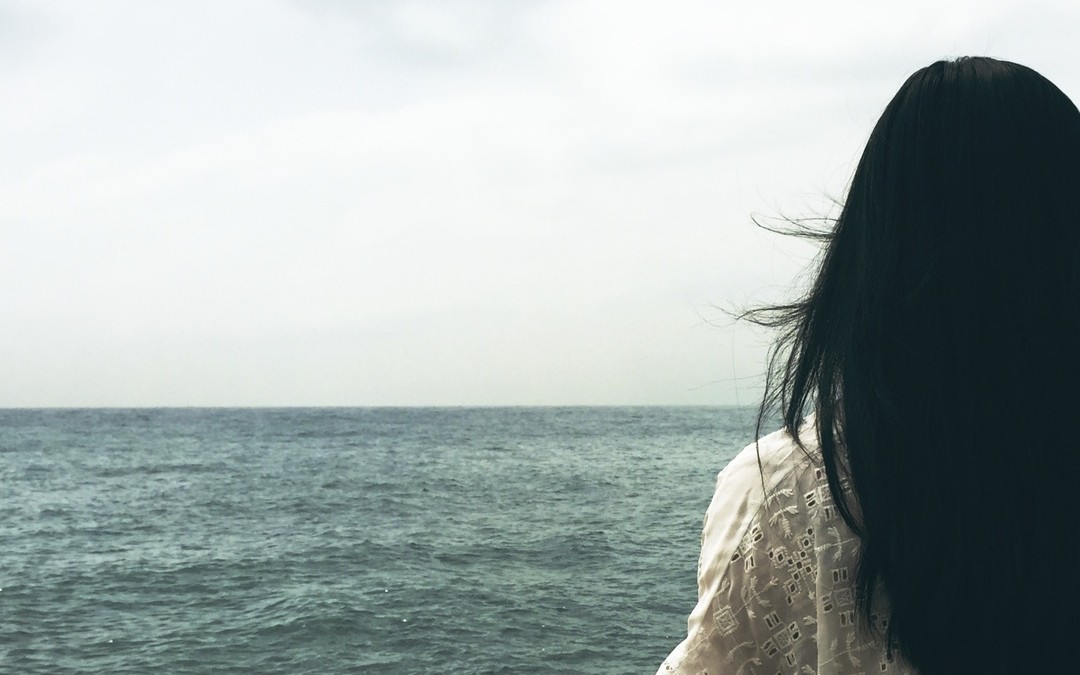
by Rachel Toalson | Books, Uncategorized
1. Reading (MG): I just finished Joanne Rossmassler Fritz’s novel in verse, Everywhere Blue, about a musical girl looking for answers to her older brother’s disappearance. It was a gripping story of love, climate change, and family bonds. Fritz is also the author of Ruptured, which just released last month. I have not yet read it but am eagerly looking forward to it.
2. Reading (YA): “No wonder early man going back and back looked at that power and force and said, that shit better be squashed, or we won’t be in charge. We better get on top of that power, and fast. We better use all we got, physical strength and control and shame, because man oh man, she is lighting and thunder, the bearer of all things, right there. She’s massive, so we better make her feel small ASAP.” Plan A, by Deb Caletti was just what I’ve come to expect from Deb Caletti novels: profound, courageous, illuminating. I’m a super fan of Deb’s, and I can’t recommend this book enough. (Other favorites of hers: A Heart in a Body in the World; Honey, Baby, Sweetheart; and Girl, Unframed.)
3. Watching: My husband and I just started watching Schmigadoon on Apple TV—and my gosh is it fun! It’s a series that’s a musical, and so cleverly written we find ourselves, after every episode, feeling impressed by the music, the caliber of the performers, and the plot itself. There are currently two seasons, and both follow couple Melissa and Josh as they get trapped in a musical world with a mission to complete. The first season shows us Schmigadoon, and the second season (my favorite so far) takes place in Schmicago. It’s riotous fun.
4. Reading (adult): On a recent early-morning run, I finished Mother-Daughter Murder Night, by Nina Simon, a story about three generations of women who come together to solve a murder in their town. If you like mysteries mixed with family dramas, this will be a good one to pick up. It’s not my favorite thing to read (honestly), but this one kept my attention, and the characters were compelling enough to feel invested in them.
5. Reading (MG): “All of life is a mystery, in a way. And that makes every single one of us a detective.” What a sweet, tender-hearted story—The Lost Library, by Rebecca Stead and Wendy Maass is the kind of book that you’ll speed through and wish would never really end. It’s the story of a little free library, a cat who guards it, and a boy who discovers it and seeks to uncover its mysteries, starting with the books in it. It’s clever, striking, and inspiring.
6. Watching: The Netflix docuseries The Most Hated Man on the Internet, about Hunter Moore and his revenge web site Is Anyone Up? will make you cringe, shout, and wonder what on earth is wrong with people. Is Anyone Up was a pornographic site that used stolen and hacked photos of men and women, posted by exes or people who wanted revenge on them. It ruined many people’s lives before the IRS got involved. Ugh. I hate that things like this exist, but it was a worthwhile series to watch. Information is better than ignorance.

by Rachel Toalson | Uncategorized
Words have power. I know this as a writer. I know it, too, as a vulnerable, thinking, feeling person.
Words have stilled my pen—words that confuse, condemn, scratch fear down the length of my back. How is it that I can be, one day, so sure and the next so shaken by words?
The words followed me home. You write things that seem like you’re relying on your own power. You exalt yourself. You don’t have enough of the name of Jesus in your writing.
For a week I can’t write at all, the voices of my evangelical past rising from the oceans in which I cast them long ago when I was given a vision so sharp, so clear, I realized I didn’t need the approval—or understanding—of people anymore. I had a purpose, a plan, a talent that would be poured out on a world full of people in need of remembering who they are: significant, worthy, beloved.
All week I thought instead. I thought of all the people over the years who have tried to tell me who I need to be—some of them because I’m a woman, and in the evangelical church tradition in which I grew up that means I do not have authority to exercise my voice if it means I am placed in leadership over a man; some of them because I came from the wrong side of the tracks, so to speak; some of them merely because some enjoy presuming to know more about another’s life than the life-liver does.
I thought and thought and thought—about the man who said I’d never be a poet because he hated any poem that mentioned religion (or so I’d presumed my sophomore year of college; my ego could not construct another explanation at the time); the best friend who betrayed me and later told me it was because she didn’t want people to think I was perfect, oh, and also I was marrying the wrong person (I’ve been married to the “wrong” person for fifteen years and counting); the college advisor who told me I should choose a major besides “English with an emphasis on creative writing and Shakespeare studies” because what were the odds I’d find a viable job with a specialty like that and how many writers actually made a living off their writing—but hey, journalists did!; the pastor who told my husband he could not serve as a worship pastor at his church if I were a singer on the team because his church was the big leagues and I didn’t make the cut.
People have been trying to tell me what I’m supposed to do with my life for most of my life. Be a journalist—you have the writing chops. Serve the children’s ministry—you certainly have enough children. Speak more of Jesus’s name in your writings—it’s your purpose and mandate, right here in this Bible you claim to follow.
What people who presume to know what I am supposed to do with my life and my work and my family and my self always seem to forget about me is that I have never operated out of a deficiency of vision or purpose. I have known, for a very long time, what I am supposed to do and how I am supposed to do it. I don’t always get it right, of course, because I am not perfect, but I do always try to err on the side of love, least harm, most tikkun olam—the restoration of what has been broken.
We don’t all have the same vision, the same purpose; we are very different people, all of us needed in our different ways. We share some edges of purpose—to love, to shine light and hope into darkness and despair, to leave the world better and more just than it was before—but the specifics of our purpose are as different as we are. It would be a boring world, I think, if that were not true. As I use my pointed poetry to illuminate injustice, so another uses an allegorical story to address discrimination. As one uses dance to remind an audience there is beauty in the world, so another uses documentary photography. As one uses melody to sing a song of love, so another uses art to flood the senses with truth, which leads to understanding, which leads to worth and significance. Who can say that one is better than the other?
Some will, in fact, say one is better than the other.
I lost a week of writing because I am only human, because though I try to convince myself that I don’t care what other people think, that I only care about my mission and purpose, which I believe was given to me by God but which others might dismiss as anything but, I always find, at times like this, that I do care. But I also know that what comes between me and my vision and purpose—to love others as wholly as I can, to remind them who they are, to restore what has been broken in the hearts and lives of real, breathing people—deserves no place of power in my field of vision.
So I cast it away.
Tonight, for the first time in seven days—longer than I think I have ever gone without writing—I pick up my pen, the scratching sounds filling my silent bedroom like a sudden rush of water.
Beside me, I see the ghost of a smile graze the corners of my husband’s lips.
(Photo by Brett Jordan on Unsplash)

by Rachel Toalson | Uncategorized
The photos were alarming.
My mother, a librarian, had signed up for a deep tissue massage and ended up with two arms full of bruises. During the session, she’d voiced her discomfort. Was it supposed to be this painful? The masseuse told her that deep tissue massages are different than regular massages; they got down to the deeper knots and ironed them out.
And perhaps that’s true; I don’t know much about massage beyond the fact that I once dated a guy who was a masseuse (I was probably the most relaxed I’d ever been during the few months we dated).
My mother’s massage had gone wrong—one had only to look at her blue and purple arms to see that.
For the last several years I have been working on a memoir about the first summer I visited my father and new stepmother and half-siblings after my parents’ divorce. I have written and rewritten this story, over and over again, never completely satisfied and never, honestly, sure I want to go on. It is not an easy story. Those memories are not exactly comfortable to examine or even sit with for an extended period of time.
But writing is often like that deep tissue massage—the good kind. Of course we can go too far—press too deeply before we’re ready—but if we are careful, writing, whether it’s fiction, nonfiction, or poetry, can be like a gentle yet deep massage. Writing helps me come to terms with my past and the way it has shaped my present (and sometimes this piece alone is undeniably enlightening), and clarifies, too, what I will carry into my future. It may seem trite to some, but writing is, for me, a prayer—a prayer for healing, a prayer for tikkun olam (repairing what has been broken), a prayer of hope and love for the ones who read my work.
Because of this, I don’t ever deny myself access to difficult memories. I write essays about what terrifies me, humiliates me, pains me. Sometimes I have to wait months or even years to set that story down on paper, and sometimes the words will go no farther than my current writing journal, but the act of writing alone—my prayer—is the deep tissue massage I need to come to terms with, accept, and even flourish in spite of whatever has happened.
It’s been proven, time and time again, that writing is a therapeutic process. It mends painful memories, reduces stress, even helps pull the struggling out of depression (science proves this, but I have seen circumstantial evidence of it in my own life). It rids the body of toxins—as long as you don’t press too hard or get stuck in the wrong places.
In my writing, my prayers, my deep tissue massage, I can rewrite my past into something hopeful; something that proves I was never a victim, I was always loved, held, and worthy; something that can tell my readers the same.
I don’t know what I’ll do with that memoir I’ve been writing and rewriting. It will likely end up as a fiction story, since I’m not entirely sure I want it out in the world as nonfiction. But regardless of what happens from here, the simple act of writing it has already done its deep work.
It has written over the painful past in giant permanent-marker letters: redeemed.
(Photo by Álvaro Serrano on Unsplash)

by Rachel Toalson | Uncategorized
I had every intention of playing a bunch of April Fools’ jokes on Husband and the boys today. I was going to steal all the underwear out of Husband’s drawers (dresser drawers, that is) so when he got out of the shower he’d be mystified as to why there was no underwear waiting for him when I’d just done laundry. I was going to steal the right foot of all my kids’ shoes and hide them somewhere. I was going to add a little vinegar to their milk so it turned into buttermilk when they went for that swig.
And then, when I tried to find Husband’s underwear, it wasn’t in his drawer, because it was, instead, strewn all over the floor of our bedroom, because he’d never put it away after laundry day (I would’ve had to embark on a treasure hunt to find them all, and, unfortunately, I didn’t have the time for that). And when I thought about trying to locate all the right feet of my kids’ shoes I felt too tired already (and they probably wouldn’t even notice the joke, since they lose their shoes every morning). And the boys didn’t want milk this morning. They wanted water.
And, also, the 4-year-old twins were up at 4:45 a.m., shrieking like banshees—which was good, because it alerted us to the fact that there were unmanned terrors loose who were looking for anything else they could throw down the potty. I lost all hope of winning April Fools’ Day after that, because, clearly, they took the trophy and the cake.
But Husband did start his own dancing web site and let people know that expressing his creativity through dance is now his new dream and passion—a joke which, by extension of the whole two-becoming-one thing, means I did pretty well for April Fools’ Day.
Doesn’t top the year we told everyone that the boy we were expecting was really a girl, but, hey. You can’t win them all.
The twins can, though. Don’t ever forget that.

by Rachel Toalson | Uncategorized, Wing Chair Musings
We were just kids when you would follow me around wherever I went, and maybe I thought it was annoying at the time, because I didn’t really want a kid sister talking to all my friends and embarrassing me with all her questions and messing up my “popularity.” A kid sister could detract from popularity in the blink of an eye. (I had much to learn, you see.)
And I remember being on the playground in that tiny elementary school. I remember, first, the house across the street from the playground, and I remember running on the worn-out path around merry-go-round and Mom telling us to make sure you held on tight, because it was dangerous, and I remember the times you fell and the times we told our stories so we didn’t get in trouble. I remember swinging on the porch swing not even six feet from the place where Mom had chopped up the snakes that fell from a tree one Sunday morning, and I remember sitting beside you in a brand new church right down the street that held stained glass windows that gave it a sense of meaning and depth and beauty, even to kids.
I remember the white stone house and the room we shared and the way you’d always fall asleep before I did, because you were always a better sleeper, and you probably didn’t imagine the claws of Freddy Krueger tapping on your window and the giant wolves waiting for you right outside the room and the monsters that lived in the corner shadows and, especially, the closet. I remember coming back into my room and finding my Cabbage Patch dolls with lipstick smeared on their faces, because you’d gotten into Mom’s makeup and thought they needed a little help with the way their creepy faces looked. I remember returning to my room after school and finding my Barbies laid out on my bed, because you’d dunked them all in the toilet, thinking they needed their hair washed.
I remember singing to the kids Bible songs on a CD and trying to teach you harmony when you were too young to sing it, and how I felt when you unraveled all the tape and hid the destroyed result under your pillow so I wouldn’t find out. I remember singing Teenagers in love and getting mad when you messed up the oooh, oooh, wha-oooh, oooh. I remember both of us always singing around the house while our brother played Mario on the Nintendo. I remember recording your crying on a tape recorder, because it sounded just like an ambulance, and the way we laughed about it for so long.
I remember moving to Ohio, walking to school in the snow that stayed for longer than we ever thought it would and the fun of throwing snowballs, and the time I threw a snowball that must have had a rock in it, because it made a giant knot on the middle of your forehead, and our brother and I convinced you to tell Mom you’d accidentally fallen on the way to school. I remember watching you that first day of school, walking into your downstairs first-grade classroom while I went upstairs to fourth grade. I remember sharing another room with you, this one with bunk beds because it was too small for anything else. I remember putting my hand on my Sally doll’s cool face, and I remember keeping it there until the voices in the next room faded and her face grew warm.
I remember moving back to Houston with you, for the year we lived with our grandmother, when we would get you in trouble by blaming you for the antics we pulled, even though everybody knew we were the brains behind the operation. I remember taking all the cushions off Memaw’s couch and flipping over the sides, with someone posted at the lookout (usually you) so we’d know when she got home and we could clean up real quick. I remember walking into Mom’s classroom at the end of a school day, and you’d already be there, because the second graders were walked to their respective places, but the fifth graders took their time. I remember eating Poncho’s with you for our all-As report cards, back when schools gave incentives for that kind of thing.
I remember moving back to the place we first left, and this time we shared a room and a day bed, you on the trundle that pushed in beneath it. And by this time we were nearly the same size, so I remember you’d borrow clothes and we would borrow friends and you joined the marching band, and we fought like sisters do, and I couldn’t wait to leave our house.
And then I remember leaving, and, a week later, thinking that you were the one I missed most, and so I convinced you to come to my college, even though the same year you came was the year I met my husband, and I always felt a little bad about that—it was almost like it was a waste, because we couldn’t spend a whole lot of time together, because all my extra time was spent with him, and it was just the beginning of a man taking the place of a sister. But what I would learn later is that a man can never replace a sister, because a sister is forever and a sister is blood and a sister will always be around, forever and ever. I remember hurting you and apologizing, and I remember trying to fix you up with the next best thing to my husband, because he really was a good man, but you found your own good man in time.
There were so many things you did for me in those later years. It was you who planned the bridal shower, and it was you who planned my bachelorette party, when we all had to sleep on the floor, because my husband and I didn’t want to sleep on the brand new bed until we were sleeping on it together—silly now that I think about it (we all had sore backs the next morning), but you didn’t even blink an eye. You came the first day I had my first son and cleaned my house and cooked some meals and held the baby for a bit, and when you left, you hugged me and reminded me that I knew what I was doing, that I would make it, that everything would be okay.
Now you’re raising your own babies. And I just wanted to tell you, today, what I see:
I see a woman who has become a woman secure in her own skin. I see a mother who loves her children with a love that is fierce and true and wild and hopeful and forever. I see a devoted wife. I see someone who has overcome darkness and chosen to radiate light in her overcoming. I see someone who has taken in the fatherless and spoken a new name over their hearts. I see someone who is lovely and worthy and remarkable. I see someone I feel so proud not just to know but to also call Sister.
I am so thankful for who you are and what you have done in my life, because you have done a lot in my life, whether you know it for not. You have shown me what it means to love in unconditional ways, and you have shown me what it means to forgive a person who hurts you (I was quite a beast pre-wedding. I still feel like I should apologize for that.), and you have shown me what it means to sacrifice in order to make a special day an even more special day.
I don’t think in all my years or in all my searching, if I were, in fact, searching, I could ever find a sister quite as wonderful as you. Happy birthday, Sister. May you have many, many more.
by Rachel Toalson | Uncategorized
I keep reading these crazy articles about parents getting warnings from Child Protective Services or other government entities for letting their kids walk home from the park by themselves, even though the oldest is 10.
And parents taking hits because they let their kids play outside without constant supervision.
And cops stepping in because, God forbid, a mom let her kid ride his bike down a road another “concerned” parent thought was too busy.
Every time I read another article about it and then (I know I shouldn’t) scan the comments that look more like word vomit than intelligent conversation, I want to hold up my MYODB sign.
Mind your own damn business.
I also find, lately, that I have this overwhelming urge to thank my mom.
She was a mom who let her kids roam.
Not too long ago, my boys and my husband and I visited some of my childhood places, because I thought it would be fun for them (they complained the whole time—at least until I started telling slightly embellished stories, since my life obviously wasn’t interesting enough as is).
We lived in this one house on a pretty major road, across the street from some train tracks where we used to play for fun when I was a third-grader.
A little more than half a mile down this road was an old gas station that sold bubble gum for 10 cents.
My mom used to let my brother (10), my sister (6) and me (9) walk to that store, because we would pester her so effectively she would just yell, “Go!” at our backsides already racing out the door.
Do you know what we had to cross to get to the store? A HIGHWAY.
By ourselves.
All alone.
At 10, 9 and 6, in case you didn’t catch that.
There was no crosswalk, no blinking lights, no stop sign. There was no adult standing in the middle of the street waving a fluorescent orange flag and blowing a whistle to stop traffic. There was only an open road, a 50 mph speed limit and three kids racing across when they judged it was safe.
Now. I know what we all say—that the world is a much different place than it used to be, and I hate that old, “I did it and I’m just fine” argument just as much as the next person, but really. Has the danger of crossing a highway changed all that much?
It was, after all, the same highway where I remember watching my dog Chance spin in fifteen circles when a car slammed into him as we were all crossing to check the mail.
My mom taught us the dangers, and then she trusted us to navigate them.
We’re not so great at trusting our kids anymore.
I know. When I think of my oldest boy, who will be a third grader next year, walking his brothers (a first grader and a kindergartener) the three blocks home from school, I shake a little inside. What if he forgets to pick them up? What if he gets mad at them and leaves them behind? What if they forget to look both ways when they’re crossing streets? They have to cross three of them, for God’s sake, and what if the drivers are going too fast or staring at their phones instead of the street?
I can talk myself out of that freedom so easily. Because I love my children so much.
But I also love them enough to let them try.
If we never let our children try, how will they ever know the excitement of having this self-management responsibility? How will they ever experience those rites of passage that come with turning another year older? How will they learn to navigate the dangers in the world on their own?
Maybe I’m naïve about it, but I don’t think the world at large has changed so much as the world of parenting has. My mother used to let us walk on a busy road without a shoulder or a sidewalk and cross a semi-busy highway because she knew all the other mothers who lived on the street. She knew they would watch out for her kids in the same way she would watch out for theirs when they rode their bikes down the same road on their way to the elementary school playground. To play—by themselves—on merry-go-rounds and unpadded seesaws and metal slides that scorched the backs of your legs when the sun was out and stuck to your skin when you were wearing shorts.
If we are so concerned for the safety of other people’s children, maybe instead of calling the cops on a child’s parents, because we don’t agree with the way the child gets to roam in this dangerous world (There are predators! There are bullies! There are drivers! Predators, bullies and drivers, oh my!), we could just step in as extra eyes.
What this might look like is standing outside our home when the school bell rings, watching that wave of children walk past so we’d see anything suspicious, getting to know those children, asking them if they feel okay about walking alone. If they’re feeling scared today. Whether they would like some company for part of the way.
The other day, I was driving my two schoolboys home because it was raining, and I saw a boy on the ground and another one punching him in the belly.
“Hang on,” I told my boys, and I slammed on the brakes and jumped out of the car into the pouring down rain to investigate what looked like a pretty serious fight.
Turns out they were just two boys horsing around, and they carried on their walking way, probably laughing about another mom freaking out about nothing.
Do you know what didn’t even cross my mind to do?
Call the cops on the parents who let them walk home by themselves.
That would have been ridiculous. Parents know their own kids, right? Maybe we should just LET THEM PARENT.
I don’t want to be afraid to let my kids explore the world around them because some “concerned” person might make a call and Child Protective Services suddenly shows up at my door. I want to give them freedom to play and wonder and discover and, through it all, learn that they are capable of making their way in this scary, but mostly safe, world.
We need to reject this culture of fear that is so pervasively damaging (and unnecessary). We need to find our courage. We need to trust each other again.
Most of all, we need to mind our own damn business.
Now that I got that off my chest, it’s time to send my boys out the back door and lock it.
A mama needs her break, after all.






